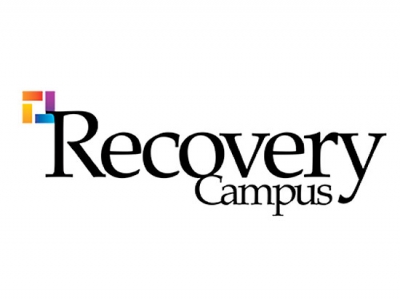In the News - News
Holly E. Richter, M.D., J. Marion Sims Endowed Professor of Obstetrics and Gynecology at the University of Alabama at Birmingham, will travel with Andy Norman, M.D., a retired physician from Vanderbilt University, and Joseph M. Malek, M.D., a urogynecology fellow at UAB, to the Worldwide Fistula Fund 's Danja Fistula Center in Niger this summer to perform surgeries on women in sub-Saharan Africa who have suffered childbirth injuries.
Researchers at the University of Alabama at Birmingham (UAB) have developed a one-step affinity chromatography method for protein purification that they claim is up to 100 times better than existing techniques at achieving high-yield, high-purity, high-activity purification (HHH) of even the most challenging of proteins.
“The Life’s Simple 7, an approach used by the American Heart Association to monitor [CV] health, can also be used to monitor high [BP] risk in African Americans, a major risk factor for [CVD],” John N. Booth III, MS, a PhD student in the department of epidemiology at the University of Alabama in Birmingham, said in a press release. “We found that even small improvements in [CV] health can reduce risk for developing high [BP].”
“The data suggest these untrained employees may be relying on untrained peers in the event of an emergency, leaving employees with a false sense of security that someone in the workplace will be qualified and able to respond, when that is clearly not the case,” Michael Kurz, MD, co-chair of the AHA’s Systems of Care Subcommittee and associate professor at the University of Alabama at Birmingham School of Medicine in the department of emergency medicine.
It is not a good time to be a pain patient, says Mark Bailey, D.O., Ph.D., a pain specialist at the University of Alabama at Birmingham. It's not a good time to be a pain doctor, or a pharmacist either, he says. The nation is dealing with an opioid epidemic, and the field of pain management has gotten very complicated.
Nitesh Saxena, Ph.D., associate professor in the UAB College of Arts and Sciences Department of Computer and Information Sciences, and Ph.D. student Ajaya Neupane and former master's student Md Lutfor Rahman, found that a person who paused a video game and logged into a bank account while wearing an EEG headset was at risk for having their passwords or other sensitive data stolen by a malicious software program.
Researchers at the University of Alabama at Birmingham and Texas Tech University Health Sciences Center have developed micro-cubes that can sponge up a hydrophobic anti-cancer drug and deliver it to cancer cells. Tissue culture tests show these tiny, porous cubes, loaded with the hydrophobic drug, are more potent against liver cancer cells and less harmful to normal liver cells, compared to the drug alone.




















